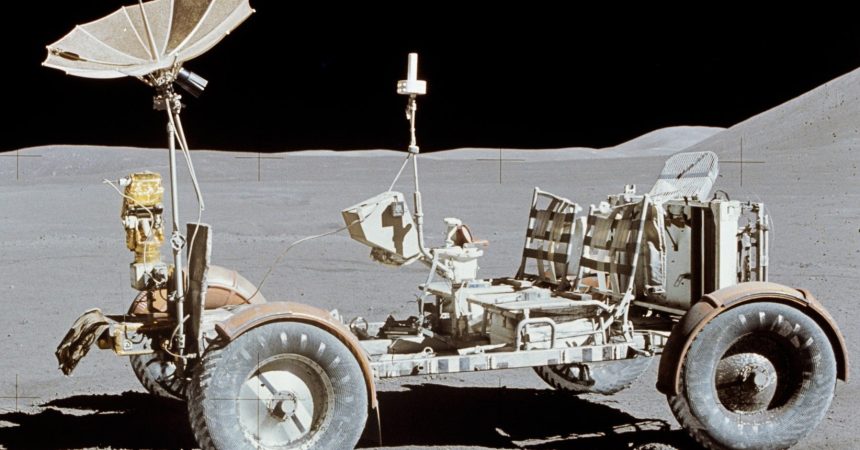The argument surrounding space exploration often pivots on the perceived dichotomy between its substantial costs and its tangible benefits. While proponents emphasize the intrinsic value of scientific discovery, the fostering of international collaboration, and the technological and economic advancements spurred by space-related initiatives, detractors often view such endeavors as a misallocation of resources that could be better directed toward more immediate terrestrial concerns. However, a compelling counterargument lies in the abundance of everyday items that owe their existence to space research, a testament to the often-unforeseen practical applications derived from exploring the cosmos. NASA’s Spinoff program meticulously documents this lineage of innovation, showcasing a vast array of commercial technologies originating from US space research. Among these programs, the Apollo lunar missions stand out as having an unparalleled impact on shaping the modern world, contributing a wealth of innovations that have seamlessly integrated into our daily lives.
The Apollo program, driven by the audacious goal of landing humans on the Moon, necessitated the development of cutting-edge technologies to overcome the formidable challenges of space travel. This pursuit of unprecedented engineering feats led to a cascade of spinoff technologies that have revolutionized various industries and improved our quality of life in countless ways. From advancements in materials science and computing to breakthroughs in medical imaging and environmental monitoring, the Apollo program’s legacy extends far beyond the lunar surface. The intense pressure to innovate under stringent constraints fostered a culture of ingenuity and problem-solving that continues to inspire and propel technological progress.
One notable area impacted by Apollo spinoff technologies is healthcare. The development of miniaturized, implantable medical devices, such as pacemakers and insulin pumps, can be traced back to advancements in microelectronics and battery technology initially designed for spacecraft. Similarly, non-invasive diagnostic techniques, like MRI and CAT scans, benefited from digital image processing techniques pioneered for analyzing lunar imagery. These innovations have transformed medical practice, enabling earlier and more accurate diagnoses, less invasive treatments, and improved patient outcomes.
Beyond healthcare, the Apollo program’s influence can be seen in fields as diverse as consumer electronics, transportation, and environmental monitoring. The development of cordless power tools, freeze-drying technology for food preservation, improved insulation materials, and water purification systems all have roots in space research. Even seemingly mundane items like scratch-resistant lenses, memory foam, and smoke detectors have been enhanced or directly inspired by Apollo-era innovations. The program’s impact on computing is particularly significant, with advancements in integrated circuits, software engineering, and data storage paving the way for the modern digital age.
The Apollo program also spurred innovation in materials science, leading to the development of lightweight, high-strength materials now ubiquitous in various applications. These materials, initially designed for spacecraft and rocket components, have found their way into everything from bicycles and airplanes to prosthetic limbs and sporting equipment. The pursuit of extreme performance in the harsh environment of space pushed the boundaries of materials science, resulting in innovations that have had far-reaching consequences for various industries.
Ultimately, the argument for space exploration transcends the immediate return on investment and encompasses the broader benefits derived from pushing the boundaries of human knowledge and technological capability. The Apollo program serves as a powerful example of how ambitious scientific endeavors can generate a ripple effect of innovation, transforming not only our understanding of the universe but also our everyday lives. While the costs associated with space exploration are undeniably significant, the long-term payoff in terms of technological advancements, economic growth, and societal progress is often underestimated. The plethora of everyday items derived from space research underscores the importance of continuing to invest in exploring the cosmos, not just for the sake of scientific discovery, but also for the potential to unlock unforeseen benefits that can shape a better future for all.



